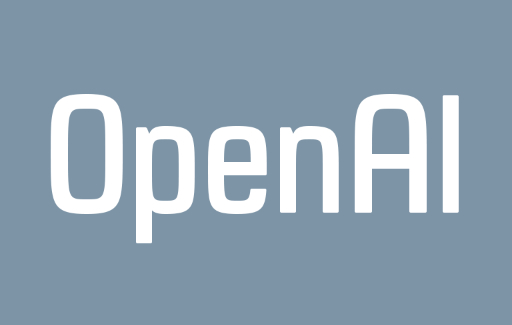OpenAI Rolls Out Virtual World, Google Opens DeepMind Lab
December 7, 2016
OpenAI, the Elon Musk-supported artificial intelligence lab, just debuted Universe, a virtual world that is a software training ground for everything from games to Web browsers. Universe begins with approximately 1,000 software titles, with games from Valve and Microsoft. OpenAI is also in discussions with Microsoft to add the Project Malmo platform, based on the game “Minecraft,” and hopes to add Google AI lab’s DeepMind Lab environment, which was just made public. The goal is that Universe will help machines develop flexible brainpower.
Wired reports that OpenAI researcher Ilya Sutskever says that, “an AI should be able to solve any problem you throw at it.” Although that might seem to be “a ridiculously ambitious goal,” Sutskever points out that ImageNet, created in 2009 to help computers “see” like humans, was deemed impossible at the time — and now Google’s Photo app “routinely recognizes faces, places and objects in digital images.”
In Universe, AI agents “interact with the virtual world with simulated mouse and keyboard strokes,” via Virtual Network Computing (VNC), facilitating reinforcement learning. In that way, AI agents “learn tasks by trial and error, carefully keeping tabs on what works and what doesn’t.” Reinforcement learning, says Wired, is “how Google’s DeepMind lab built AlphaGo, which beat one of the world’s top players at the complex game Go.”
In Universe, “learning can happen inside any piece of software,” and agents can crack one application after the other, even transferring what is learned in one app and applying it to another.
Bloomberg reports that Alphabet’s AI unit Google DeepMind is making its DeepMind Lab (formerly dubbed Labyrinth) available to the public on GitHub’s open-source repository. Developers can customize the code “to help train their own artificial intelligence systems” and then upload those to GitHub.
“They can try to beat our results if they want,” said DeepMind co-founder Shane Legg.
Google also partnered last month with Activision Blizzard to turn that company’s “Starcraft II” into “a testbed for any artificial intelligence researcher who wanted to try to create an AI system that could master the complex game.” Legg said the decision to open-source DeepMind Lab’s code had nothing to do with OpenAI’s release of the Universe (or for that matter Y Combinator’s own AI training platform, OpenAI Gym).
“The machine learning research community has always been very open,” he said. “We publish 100 research papers a year and we have open-sourced a bunch of our agents before.” Legg adds that “the Lab was a superior AI training environment to others available because the game environment is more complex,” noting that the Lab’s AI agent controls a sphere through a first-person point of view.


No Comments Yet
You can be the first to comment!
Sorry, comments for this entry are closed at this time.